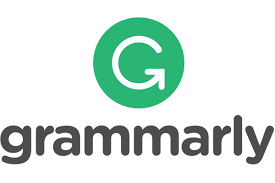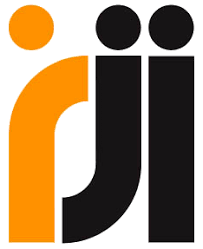LATIHAN PEREGANGAN FISIK DI TEMPAT KERJA TERHADAP PENURUNAN KELUHAN LOW BACK PAIN PADA PENENUN SONGKET
Abstract
Low back pain is the most common complaint experienced by songket weavers. The objective study was to analyze the effect of physical stretching exercises at workplace on songket weavers. This study was a quasi-experimental study with a one group pretest and posttest design. The number of samples were 25 weavers (total population). This research was conducted from February to April 2020 at Ketapang Village, Ogan Ilir Regency, South Sumatra. Lower back pain complaint data were collected using Numeric Rating Scale (NRS). Data were analyzed by univariate and bivariate using the Wilcoxon test. The results showed that there was an effect of physical stretching exercises on reducing the pain scale from moderate to mild (p value = 0.0005). Stretching exercises using motion modification William Flexion Exercises have been shown to help reduce back pain. Songket weavers, a complaint of lower back pain, is the most common complaint caused by working hours that exceed working hours every day.
Downloads
Copyright (c) 2021 Maksuk Maksuk; Desti Syafitri

This work is licensed under a Creative Commons Attribution-ShareAlike 4.0 International License.
Please find the rights and licenses in Mahakam Nursing Journal. By submitting the article/manuscript of the article, the author(s) agree with this policy. No specific document sign-off is required.
- License
The non-commercial use of the article will be governed by the Creative Commons Attribution license as currently displayed on Creative Commons Attribution-NonCommercial-ShareAlike 4.0 International License.
- Author(s)' Warranties
The author warrants that the article is original, written by stated author(s), has not been published before, contains no unlawful statements, does not infringe the rights of others, is subject to copyright that is vested exclusively in the author and free of any third party rights, and that any necessary written permissions to quote from other sources have been obtained by the author(s).
- User Rights
Mahakam Nursing Journal's spirit is to disseminate articles published are as free as possible. Under the Creative Commons license, Mahakam Nursing Journal (MNJ) permits users to copy, distribute, display, and perform the work for non-commercial purposes only. Users will also need to attribute authors and Mahakam Nursing Journal (MNJ) on distributing works in the journal and other media of publications.
- Rights of Authors
Authors retain all their rights to the published works, such as (but not limited to) the following rights;
- Copyright and other proprietary rights relating to the article, such as patent rights,
- The right to use the substance of the article in own future works, including lectures and books,
- The right to reproduce the article for own purposes,
- The right to self-archive the article,
- The right to enter into separate, additional contractual arrangements for the non-exclusive distribution of the article's published version (e.g., post it to an institutional repository or publish it in a book), with an acknowledgment of its initial publication in this journal (Mahakam Nursing Journal (MNJ)).
- Co-Authorship
If the article was jointly prepared by more than one author, any authors submitting the manuscript warrants that he/she has been authorized by all co-authors to be agreed on this copyright and license notice (agreement) on their behalf, and agrees to inform his/her co-authors of the terms of this policy. Mahakam Nursing Journal (MNJ) will not be held liable for anything that may arise due to the author(s) internal dispute. Mahakam Nursing Journal (MNJ) will only communicate with the corresponding author.
- Royalties
Being an open accessed journal and disseminating articles for free under the Creative Commons license term mentioned, author(s) aware that Mahakam Nursing Journal (MNJ) entitles the author(s) to no royalties or other fees.
- Miscellaneous
Mahakam Nursing Journal (MNJ) will publish the article (or have it published) in the journal if the article’s editorial process is successfully completed. Our Editors may modify the article to a style of punctuation, spelling, capitalization, referencing and usage that deems appropriate. The author acknowledges that the article may be published so that it will be publicly accessible and such access will be free of charge for the readers as mentioned in point 3.












